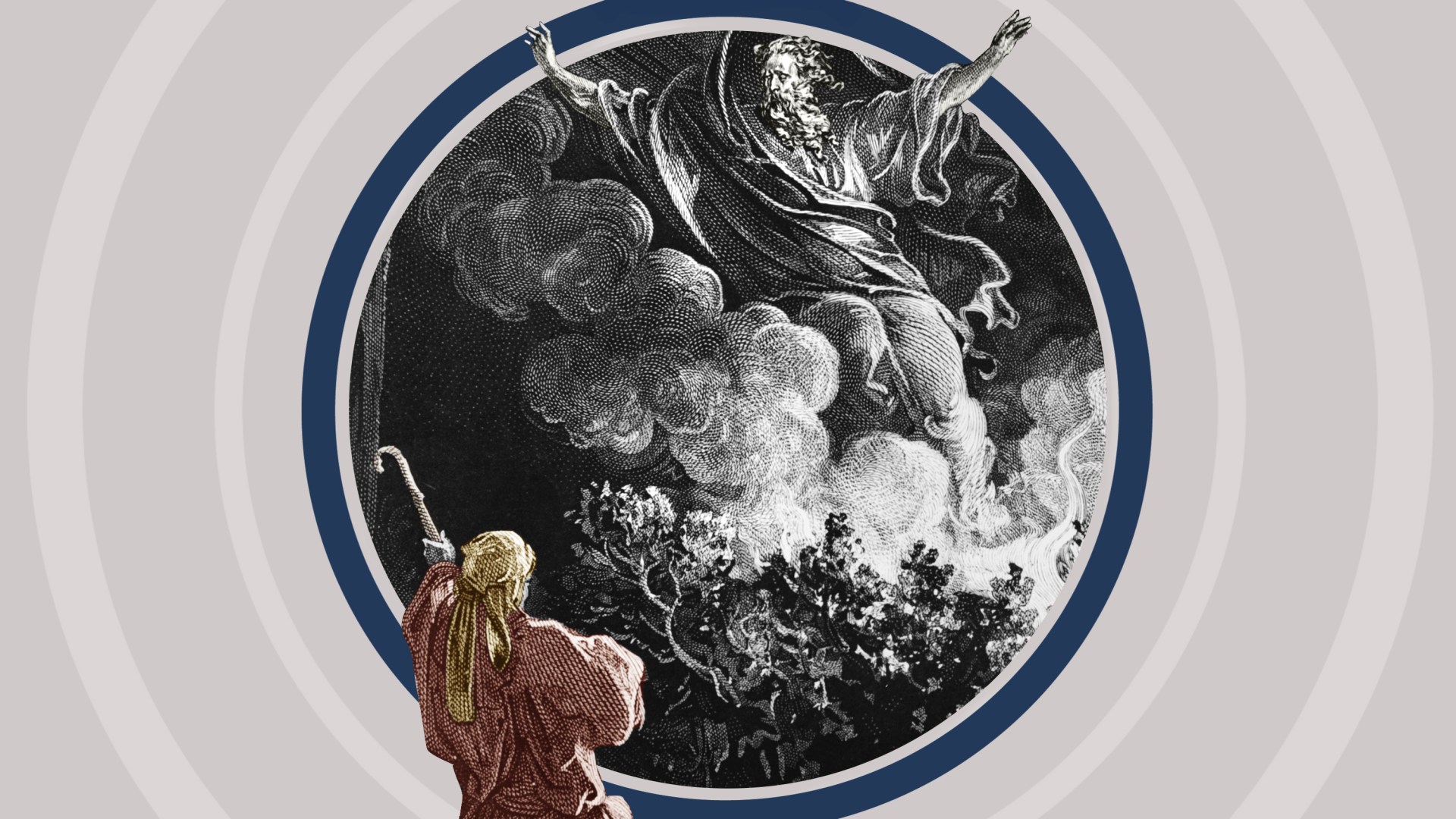If there is one thing that’s clear in Scripture, it is that God is a lord—or, rather, the Lord—and we are his servants. He commands, and no matter the cost, we obey. “Abram, leave your family and go into the land I will show you.” Yes, Lord. “Isaiah, carry my message to unfaithful, unyielding Israel.” Yes, Lord. “James, John, drop those nets and follow me.” Yes, Lord.
The absoluteness of his claims, the unyielding ultimacy, the unquestioned authority to command and demand all—they are at the core of the concept of God’s majestic sovereignty, his lordly dignity as our Creator-King. And they are all beautiful, true, and anchoring for the soul.
But for those already weighed down with the burdens of the past few months—staying healthy, keeping the finances afloat, maintaining some semblance of normalcy—the severity of his lordship can threaten to strain us to the spiritual breaking point.
Perhaps this is why I was charmed by Julian of Norwich’s discernment of another dimension of God’s lordship: his courtesy.
We usually think of courtesy as synonymous with simple politeness, and, well, if there’s something the God of the whirlwind is not, it is polite. More than mere manners, though, for Julian, God’s courtesy is his kindness, his consideration, his friendly magnanimity. Think of it as a lordly solicitude—the Lord’s greatness is magnified, not in abusive displays of power or lack of care for his servants but in his ability to concern himself with their welfare and dignity.
I think of Moses at the burning bush (Ex. 3–4). God appeared to Moses in the lordly flame, called him, and commissioned him to confront Pharaoh and lead his people out of Egypt. And yet the weirdest conversation ensues: Moses starts arguing with God. Who am I? You sure you got the right guy? Who’s gonna believe me? And so, patiently, graciously—courteously—God reassures him. He gives Moses his name, the LORD, and promises his presence (3:12–14). Moses questions him again, and God obligingly gives him miraculous signs to make his case to the people (4:1–9). Moses even pleads a speech impediment (4:10), and still the Lord reasons with him. But Moses persists: “Send someone else” (4:13)!
Finally, at that point the Lord gets angry, puts his foot down, and says, Look, your brother Aaron is on his way and he’ll go ahead and speak for you (4:14–17). Even in this final declaration, we see the gentle accommodation of the Lord to his servant. In his providential lordship, God had already called Aaron to meet Moses to support him. As J.A. Motyer points out in The Message of Exodus, this “divine mercy takes note of our weaknesses and makes provision for them.”
Throughout Scripture, we see the same lordly solicitude, this courtesy toward God’s servants. When Elijah, in a fit of self-pity, asks God to kill him (1 Kings 19:4) after his apparent failure to reform Israel after the showdown at Mount Carmel, the angel of the Lord comes to him, cooks for him, lets him nap, cooks for him again, and then leads him to Mount Horeb, where God graciously reveals himself (1 Kings 19:5–12). And when Jonah pouts at God’s mercy to Nineveh, God grows a vine to shade him from the sun, teach him about the constancy of his grace, and chasten his presumptive arrogance (Jonah 4). Truly, he “knows how we are formed, he remembers that we are dust” (Ps. 103:14).
Too many of us think of God’s lordship with the attitude of the last servant in the parable of the talents. In our minds, he is a hard master, “harvesting where [he has] not sown and gathering where [he has] not scattered seed” (Matt. 25:24).
In reality, he is the Lord who sees his servants in their distress, the one who “will dress himself to serve, will have them recline at the table and will come and wait on them” (Luke 12:37). Indeed, he is the one who has already done this, coming not to be served, but to serve in giving his life as a ransom for many (Mark 10:45).
Recall, then, all you who are tired and weary, the words of Julian of Norwich: Yes, the Lord “who is so to be revered and feared, is also familiar and courteous.” And with him there is rest for our souls.
Derek Rishmawy is the Reformed University Fellowship campus minister at UC–Irvine and a doctoral candidate at Trinity Evangelical Divinity School.











